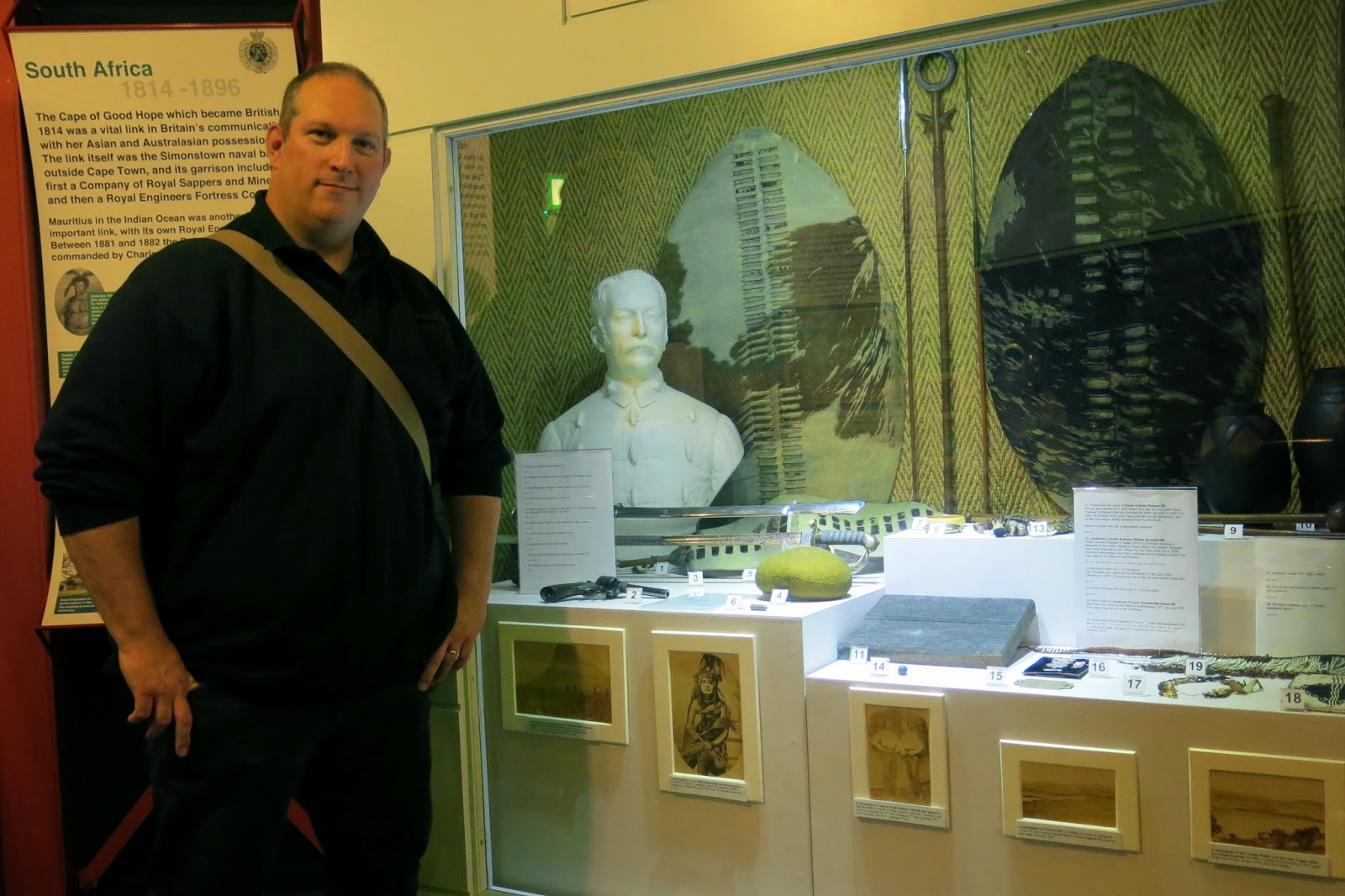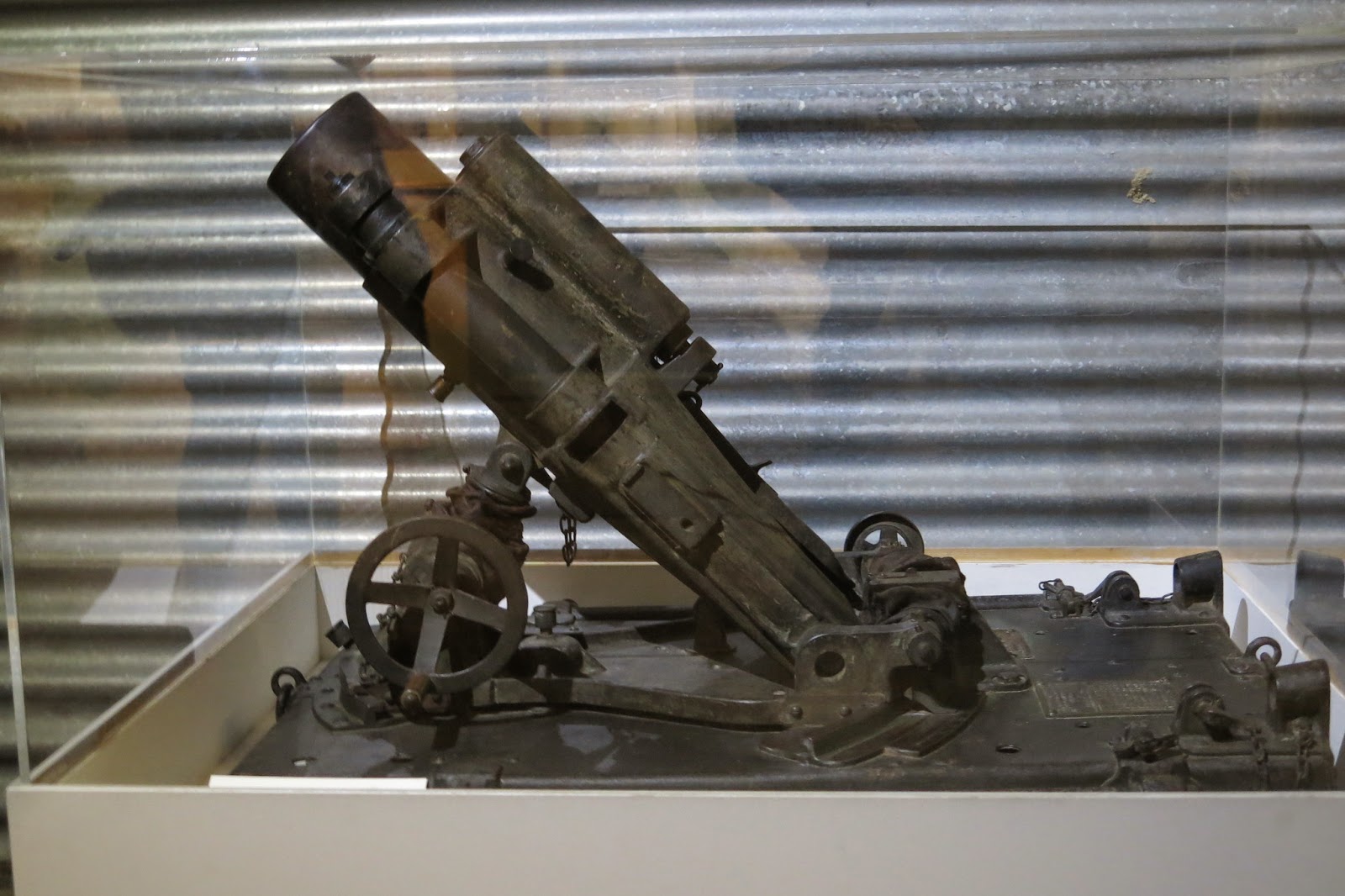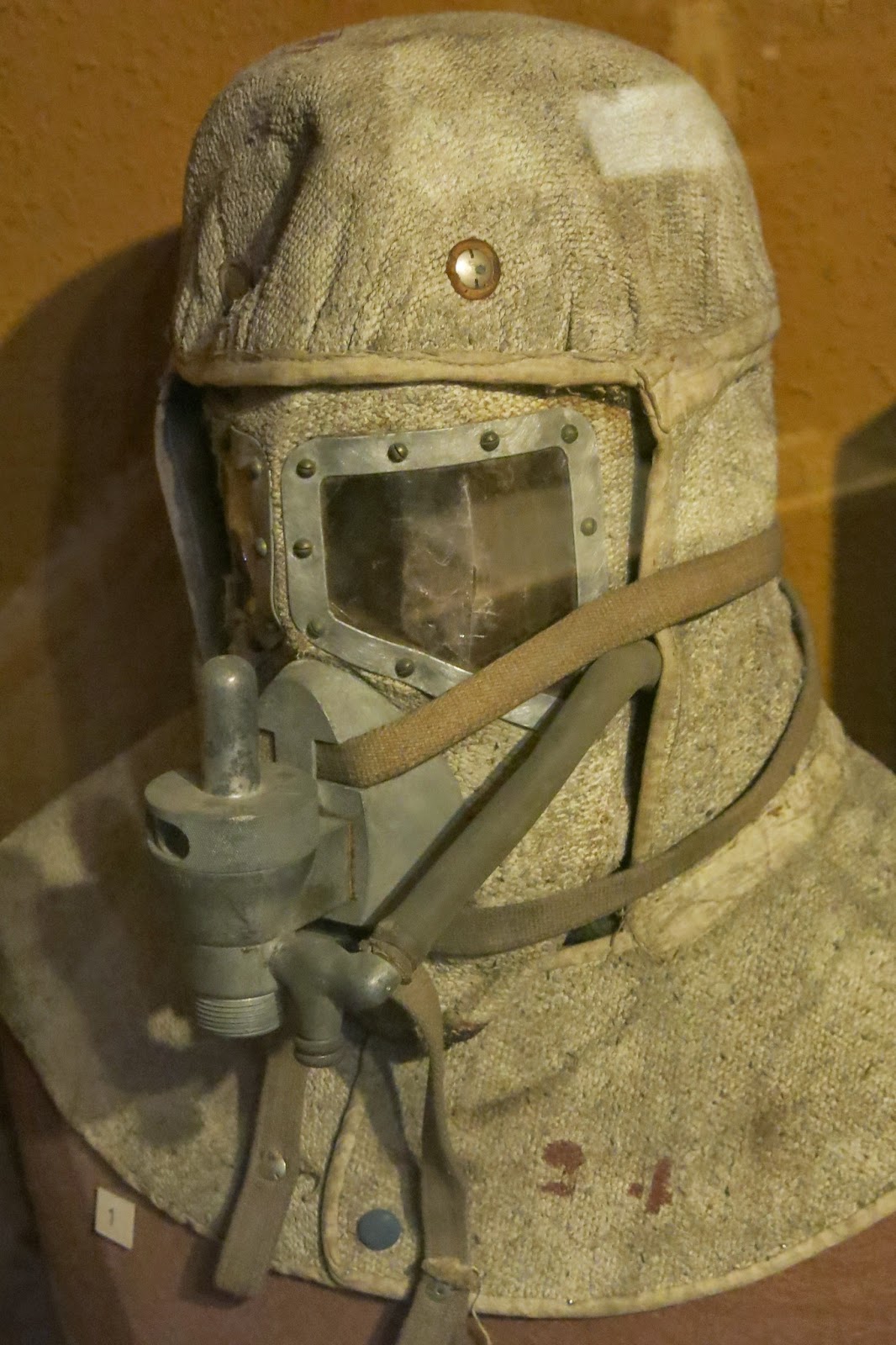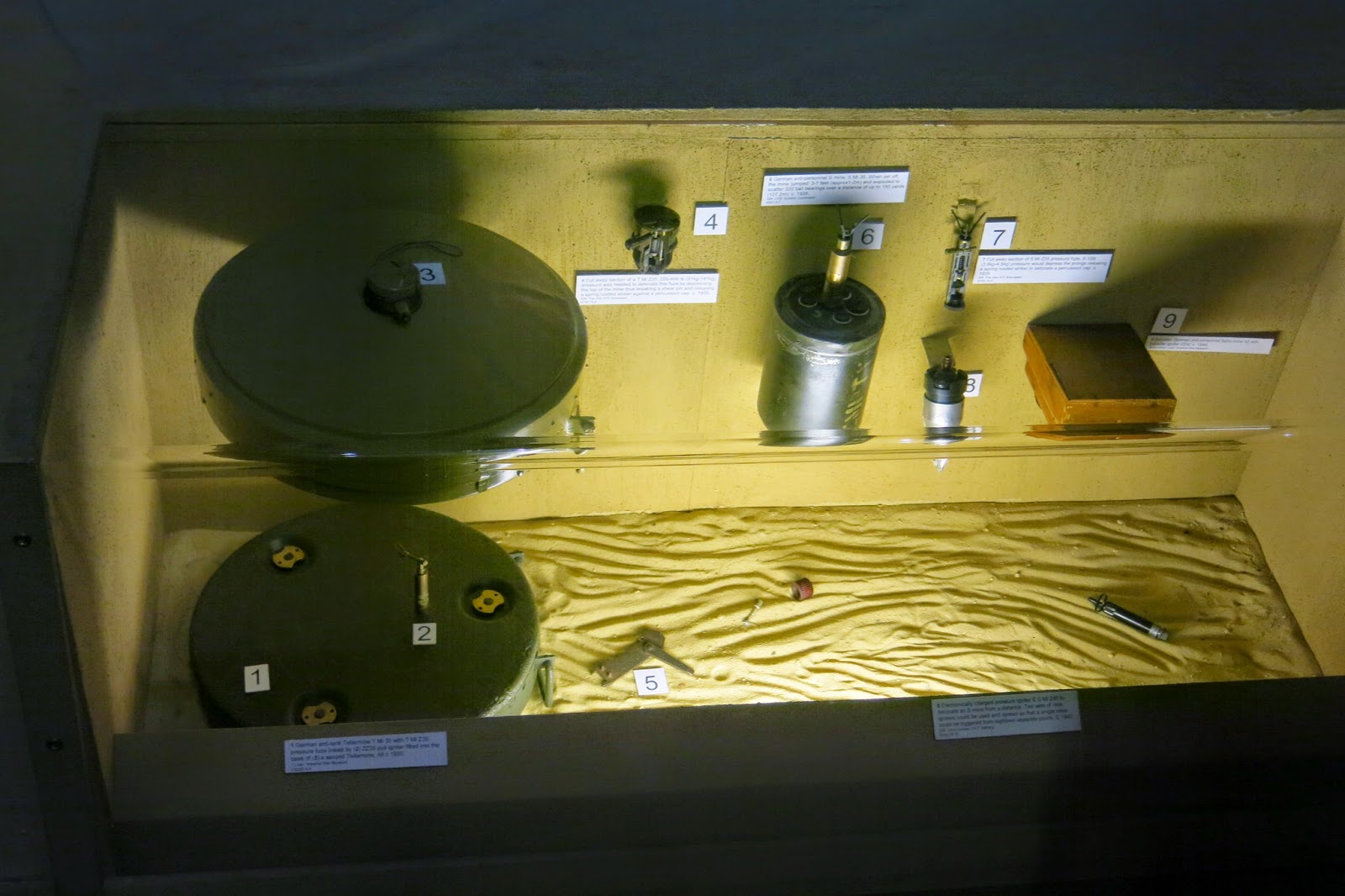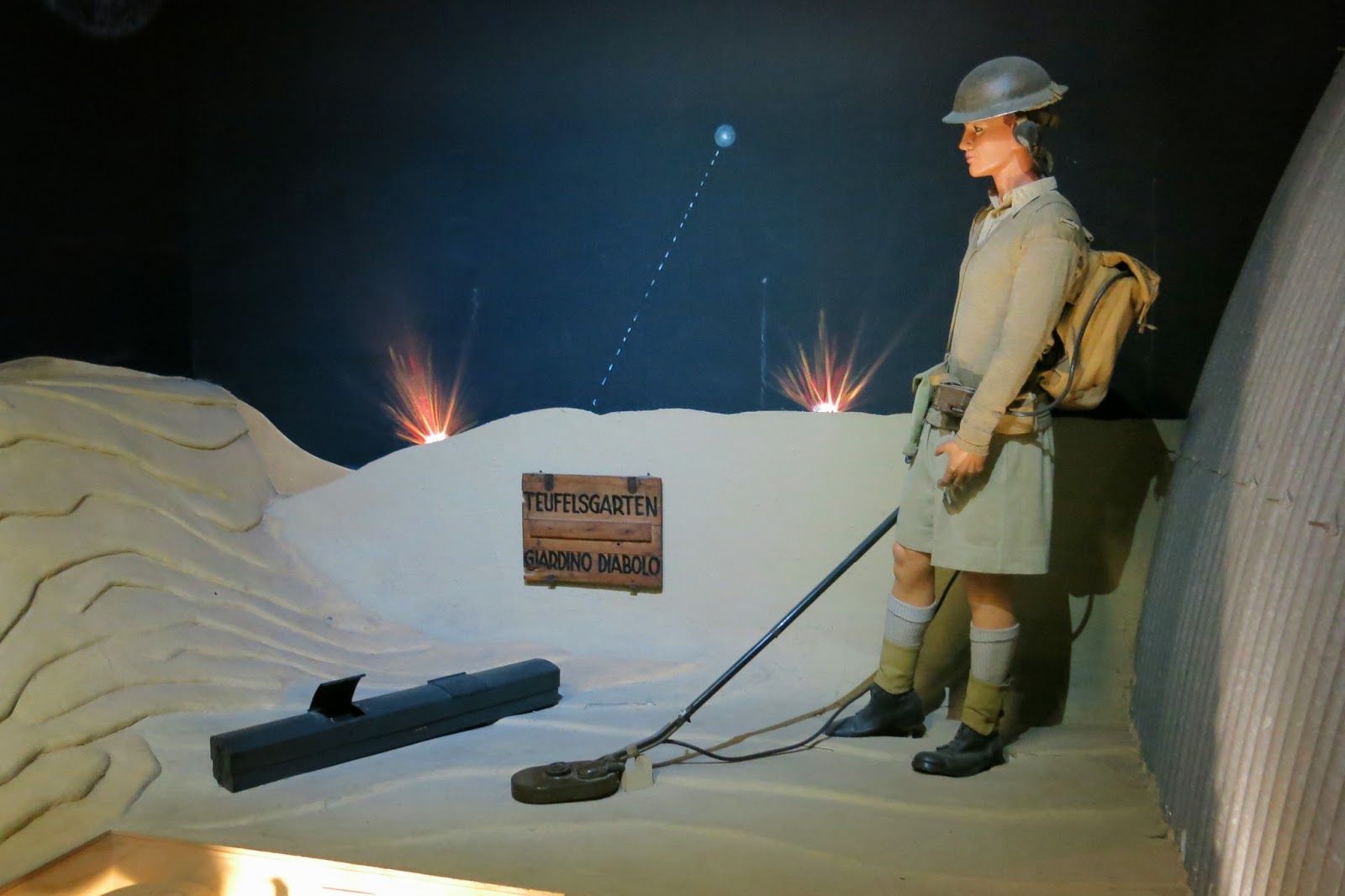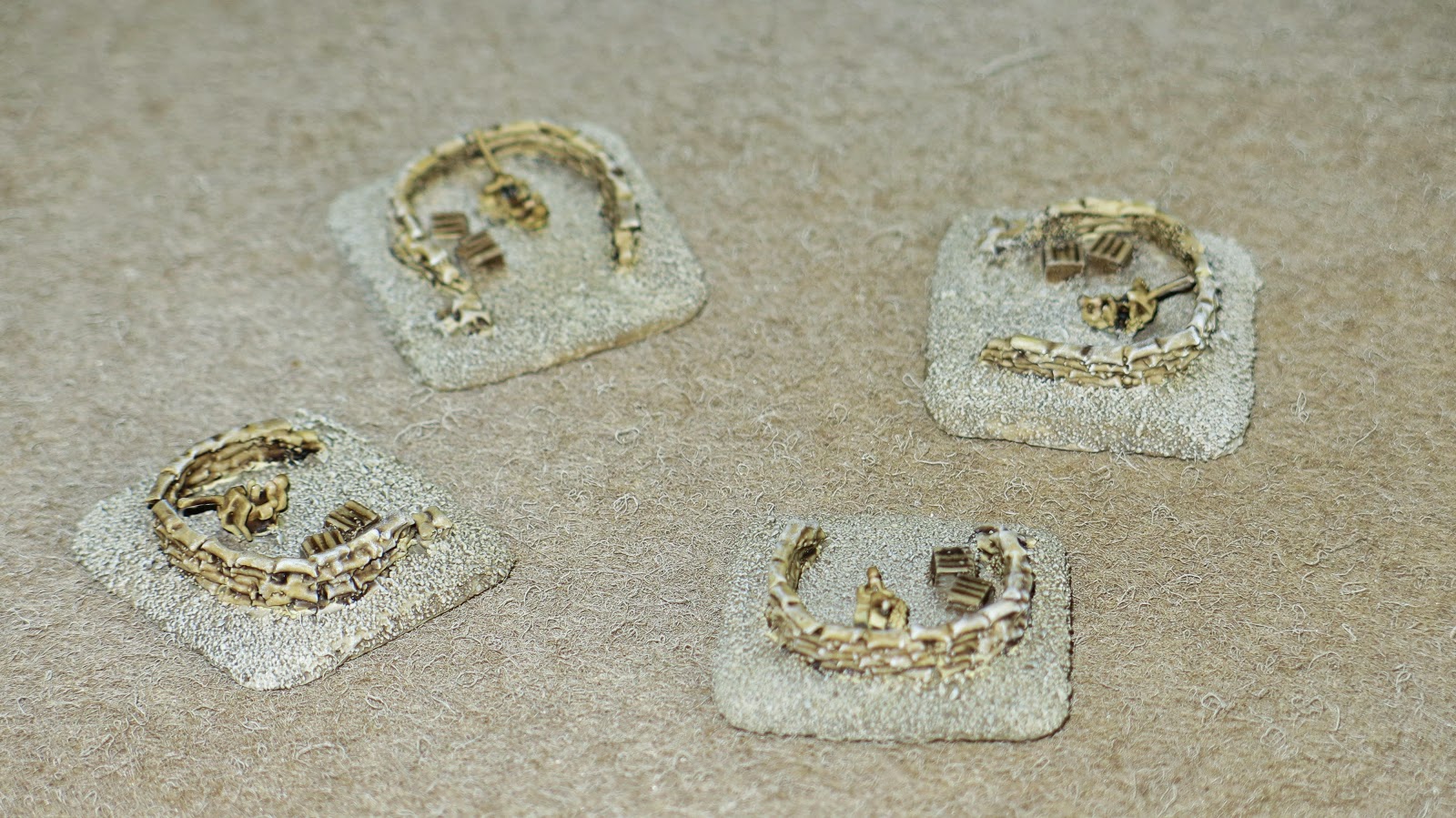Way back in 2009 I wrote a post for this Blog about demo tables at shows and in particular the lack of information for visitors and sometimes the lack of interaction between exhibitors and show attendees. Since then I have had the pleasure of contributing to three demo games in conjunction with Posties Rejects at the Broadside show (in 2012 and 2013 and again in 2014). Looking back at that article I'm glad to say that the quality of information and interaction at shows seems to have improved immensely over the last four years (I'm not claiming any credit, its just an observation!) but I thought my earlier article was worth revisiting and updating.
Over the years I have attended a lot of conventions and shows and as any regular reader of BLMA will know I always go with my camera in hand. As a result I have developed a clear opinion of what I like and don't like about demo games at shows. My main gripe has usually revolved around those (thankfully few) tables where information and interaction are virtually non-existent and the spectator is left feeling awkward and unwanted. This situation has become noticeably less common over the years, but it's certainly not gone away altogether.
It would be nice to see some of the Demo tables with more information available to visitors. Some of the tables provided information sheets about their games but the majority didn't. This isn't in itself a problem, if you're the sort of person who feels comfortable sparking up a conversation with the guys on the table. But not all visitors are old Grognards eager for a chat, a large proportion are 'drop-in's' or newbies and its easy to see how they could feel intimidated by this clique of wargamers. Think back to your first ever show and how strange and new it all was. You probably didn't know anyone - apart from maybe one or two mates who came with you - and the place was full of strange sights and smells (oh yes, gamer funk....don't get me started on that subject!).
 |
| An example of an excellent display table (Southend Wargames at the recent SELWG Show) - Lots of Information, maps and books associated with the game. Plenty to engage the visitor and provide the opening of a conversation. |
I guess I feel the problem a little more acutely because I like to come away from a show with lots of pictures. Trying to figure out who was on what table, what their game was etc.
can sometimes be a bit of a challenge. Its a sad fact that I still attend shows and nearly always come across a demo game that lacks any kind of identifying label or sign. When signs are present I always try to take a picture that includes the label as an aide-memoir when identifying and captioning my photographs. This is especially true for larger shows like Salute where there may be several Napoleonic or ACW games being run and trying to remember which was which after the event can be a bit tricky. Of course I always try to spark up a conversation with those running the game but its still hard to remember every conversation and every game correctly. Getting a picture of the label cuts through all the confusion and ensures that those that run a good demo game get the credit they deserve.
 |
| Another great display (A Very British Civil War at Salute 2013) with artwork and period artefact's to bring the game to life. This sort of detail really helps tell the story of the game. |
For me the whole purpose of running a demo table is to demonstrate the hobby (the clue is in the name!) and that means more than just plonking the models on the table and walking away. In my experience a significant
portion of visitors attend shows to see aspects of our wonderful hobby that are normally outside their normal experience. Some of these visitors are new to the hobby, others - such as the hoards of younglings attracted in by the likes of Games Workshop for instance - may only be involved in a niche and are maybe casting around, looking for other games and periods to play. Failure to engage them is a lost opportunity to broaden their horizons and retain them within the hobby. It seems to me that one of the main purposes of a wargame show is to act as a sort of 'outreach' programme to draw in new players. That does sound a bit high-faluting and grand, but new blood coming into the hobby is a genuine concern and a recurring theme of many magazine articles written by the great and good of our hobby.
 |
| An ideal and very practical display that any group running a demo could put together (in this case Rainham Wargames Club at Cavalier 2014). This modest collection of items clearly identifies the game, explains who is running it, showcases research material and there is even a small handout with more information for those that are interested. |
So having pontificated about a lack of communication with visitors I guess I ought to say what I would like to see associated with a Demo Game, either on a handout or nearby signs and labels. Here's my own personal list of 'stuff I'd like to know' about each demo I view:
- Name of the Club or Organisation running the demo table
- The name or title of the game being played
- Period or specific dates if applicable
- The rules system being used
- The scale of the miniatures being used
- A table number or reference that links to the show guide (if there is one)
- Contact details for the club and details of where they meet etc
- The demonstrators names
- A little background or historical context
- Who makes the miniatures on display
- Additional information on terrain features
- If the table is scratch built, who did it and how?
This is by no means an exhaustive list but does represent the sort of questions I find myself asking over and over again (and forgetting the answers over and over again!). It would be great if each demo table could provide some sort of handout with basic details on it but simple displays that could be photographed would be just as useful. As I have said several times things are getting better and the unlabelled tables with uncommunicative players huddled around them are becoming fewer and fewer. I look forward to the day when this unfortunate phenomenon has come to an end... then we can set our sights on eliminating 'gamer funk' once and for all.

